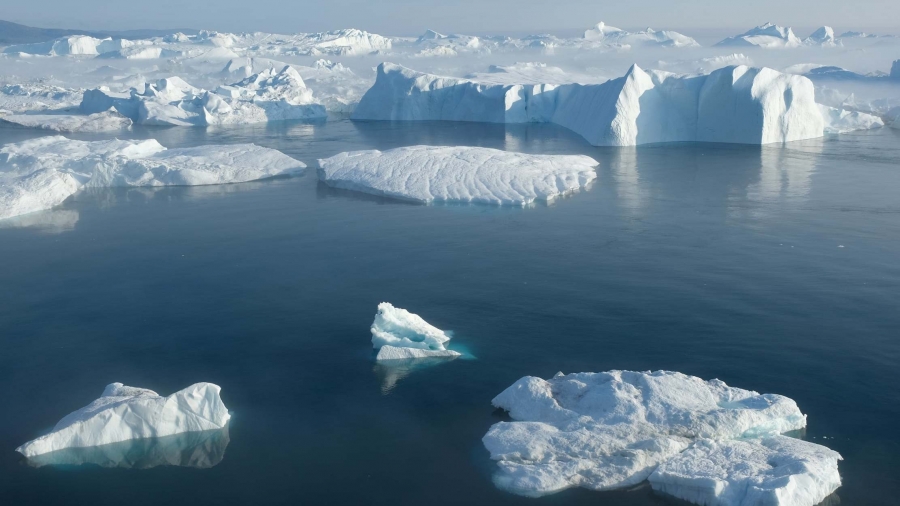-
 play_arrow
play_arrow
BayRadio Listen Live Broadcasting in Spain
Sea level rise is “inevitable” because of Greenland’s melting ice


A recent study has confirmed the worst environmental omens: no measure can stop the melting of glaciers, even if the world does not emit greenhouse gases today. According to experts, 3.3% of the Greenland ice sheet is going to melt and is an irreversible process.
It is the direct consequence of climate change, although there are more. Sea level will rise almost 30 centimeters from now until 2100. ” We must plan as if that ice were not in the near future, a century or so from now. Each study has larger numbers than the previous one. It is always faster than expected,” warns William Colgan, co-author of the research published in ‘Nature Climate Change’.
But what does sea level rise mean? On average, sea levels have risen by about 23 centimeters since 1880, and almost half of those centimeters have risen in the last 25 years, as detailed by National Geographic. According to current data the sea rises 3.4 millimeters every year.
This increase implies serious consequences such as storm surges and floods, which would be five times more frequent in the coming years. This in turn would lead to a loss of habitat for fish, birds and plants.
There is also great concern in the Arctic and Antarctica. Recent extreme heat waves have left unprecedented temperatures in excess of 30 and 40 degrees in these areas formed by ice and frozen sea water.
The United Nations ensures that in the face of these phenomena, the world has a lesser capacity to respond: “The increase in heat waves, droughts and floods has already exceeded the tolerance thresholds of plants and animals, and has caused mass mortality of various species, such as trees and corals,” he explains.
Similarly, millions of people have been exposed to acute food insecurity and vulnerability, especially in Africa, Asia, Central and South America.
In this scenario, the UN recalls that to achieve the goal of limiting global warming to 1.5ºC, it will be necessary for global greenhouse gas emissions “to reach their maximum by 2025, at the latest, and to be reduced by 43% by 2030”.
Written by: BayRadio News
Similar posts
Recent Posts
- Robotic Surgery for Prostate Cancer: What Is Radical Prostatectomy and How Does the Da Vinci Robot Improve It
- What Is Fibromyalgia? Symptoms and Treatments of an Invisible Illness That Requires Specialized Attention
- AMASVISTA Glass: 10 reasons to choose SUNFLEX glass curtains
- Robotic Surgery, Immunotherapy and Comprehensive Care Take Centre Stage at Pancreatic Cancer Conference at Quirónsalud Torrevieja
- Robotic Surgery Against Ovarian Cancer: Greater Precision, Less Pain and Faster Recovery

Ctra. Cabo La Nao, CC La Nao, Local 6 03730 Javea, Alicante, Spain
Advertise with us
Do you have a business in Spain? Do you provide a service to the expat community in Spain? Would you like your message to reach over 500.000 people on a weekly basis?
BayRadio is a community orientated radio station offering fantastic content to our many listeners and followers across our various platforms. Contact us now and find out what Bay can do for you!
Our business is helping your business grow.
BAY RADIO S.L. © 2024. ALL RIGHTS RESERVED. WEB DESIGN BY MEDIANIC







